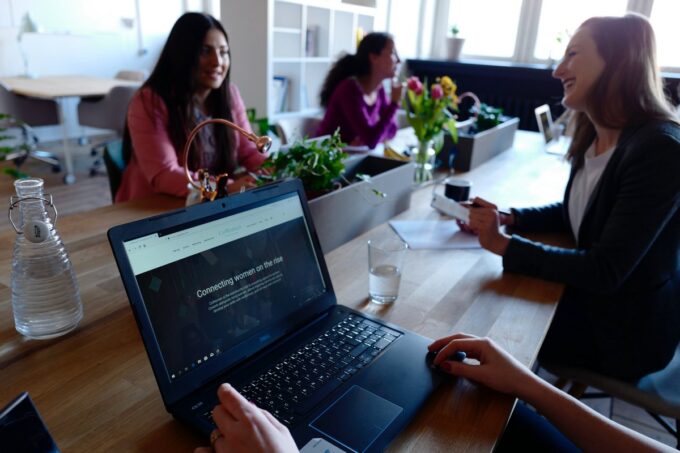Management responsibility in times of crisis
The Corona crisis has us firmly in its grip. The company's leaders are also particularly challenged. What decisions have to be made and what challenges are we facing? This April, members from various companies discussed in öbu-online conversation.

How do we cope with the current challenge? What are the next big issues? What is going well? Are companies also helping each other? Do sustainability issues play a role in this crisis? The current questions are manifold and complex. Also at the öbu-online conversation on 7 April with our members.
Last Thursday, four aspects crystallized:
- A potentially increased division in society,
- cooperation between companies,
- the challenge of dealing with the virus in the long term, and
- Ethical decisions .
Division vs. solidarity
New divisions in society loom, for example COVID19-immune vs. non-immune, who can and cannot work, or who can and cannot set up their daily lives with online media.
We see a lot of solidarity between people, for example in the neighbourhood. However, it was interesting that we do not (yet?) know of any examples of solidarity between companies (apart from one corporation that was immediately very accommodating to both its franchise partners and suppliers).
Some companies insist on corona tests for as many employees as possible. But how do you deal with the results? Would, for example, only immune persons be allowed to go to work or to shops for a longer period of time? And who will be allowed to work after the crisis? Old divisions are thus exacerbated and new ones are added. Companies are challenged to find their own answers.
Cooperation yes, but how?
Mere willingness to cooperate is not always enough: Despite bottlenecks in food distribution, a company with free logistics capacities has not yet been able to make them available to other companies. Is this only due to formal aspects (insurance, etc.) or is the integration into the respective processes too costly? Actually, today we often do not understand why such an idea has not worked out so far. What does it take for this to be possible?
Cooperation is also becoming increasingly relevant against the background that we will have to deal with Corona for quite a long time. Even if there is a relaxation, there will be no "back-to-normal" in the near future - all participants agreed on this.
There are already some approaches to cooperation (see link list below). Whether something like this could also function helpfully between companies, whether öbu can form a suitable starting point for this, and with which partners it might be possible to work - öbu is now clarifying this.
Ethical decisions are the order of the day
Some examples showed that many of the Corona-oriented decisions raised fundamental ethical questions. Dealing with suppliers, with customers, with employees - health, work, money: one's own understanding of responsibility is often challenged. The 3rd öbu-online event on 15 April, 5 to 6 p.m., will be dedicated to this topic. To the event
Helpful links
Finally, four website tips:
- www.wbcsd.org/COVID-19/Member-companies - How do other (especially large international) companies deal with the situation?
- www.solibon.ch - Buy a service now, get it later
- www.belocalhero.com - Offers to private customers from companies in your area
- www.local-hero.ch - Offers to private customers from companies in your area
Here's what happens next
The next two öbu-online talks are as follows:
- öbu-online 3: Ethical business decisions in times of Corona; April 15, 2020, 5 to 6 p.m. To the event
- öbu-online 4: Supply chain management - after as before?; April 21, 2020, 5 to 6 p.m. To the event









